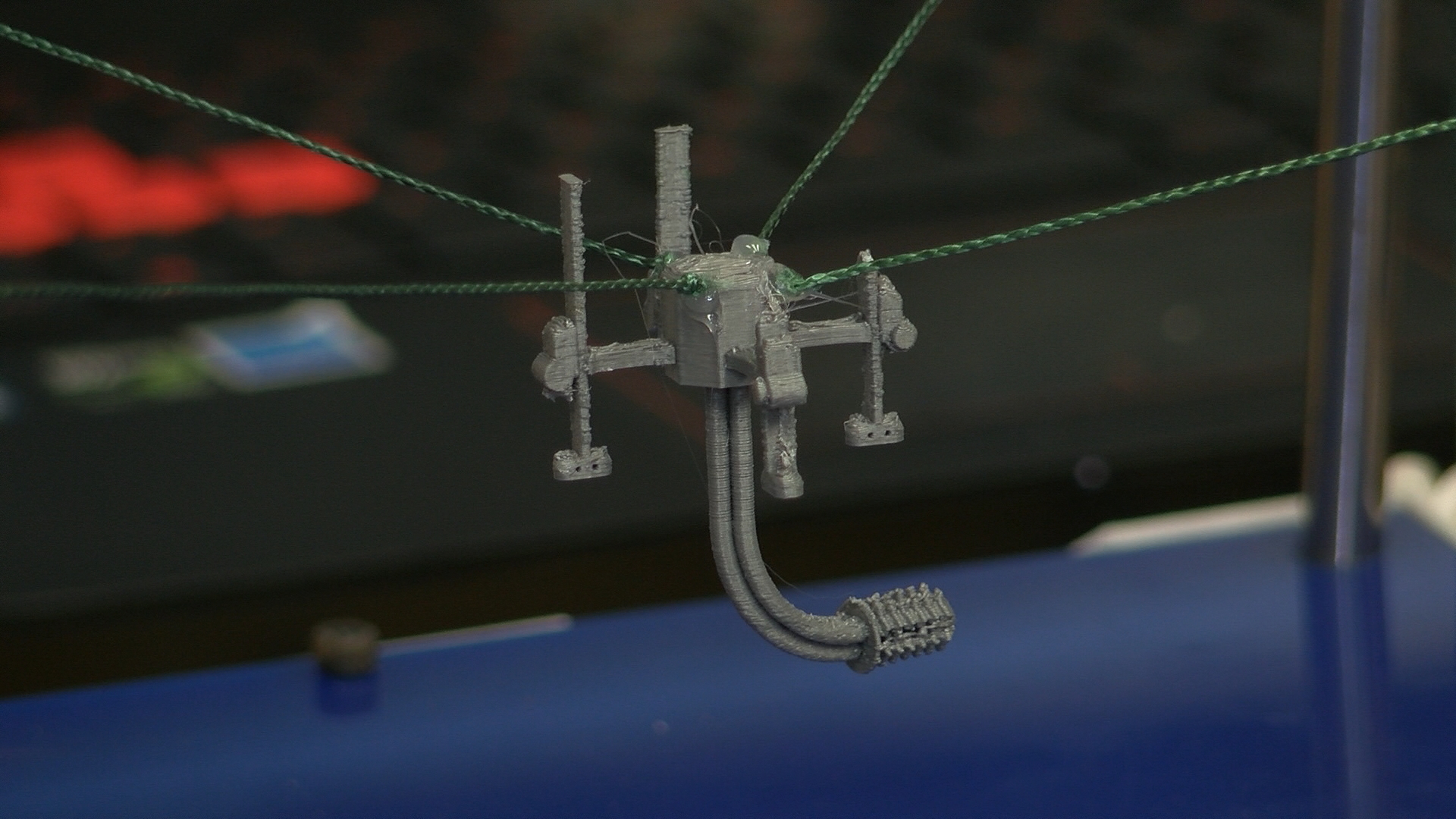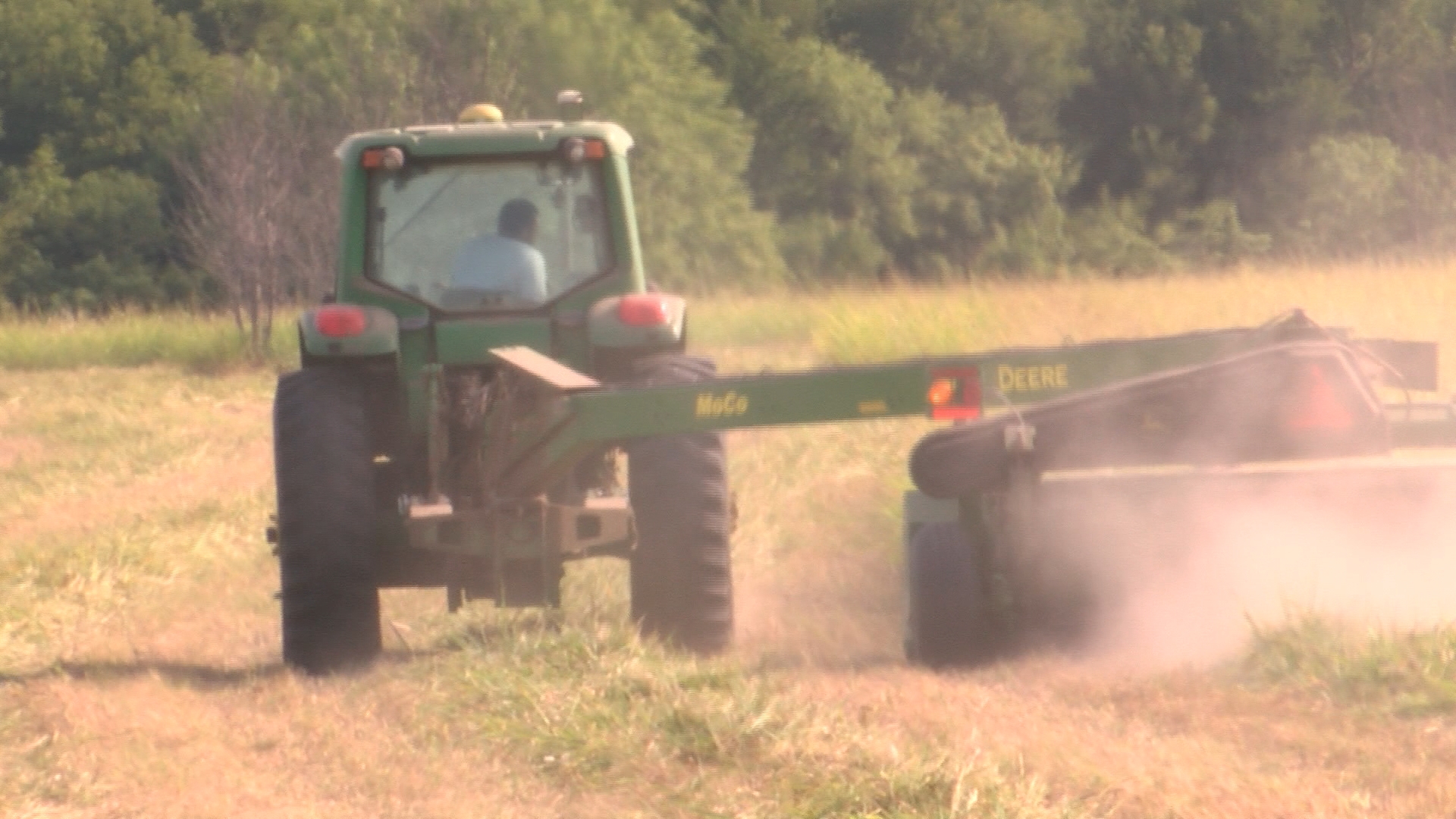AUSTIN (Nexstar) — As farmers and ranchers grapple with tariffs on Texas exports, and retaliation from trade partners like Canada, Mexico and China, a group of college students has developed a tool to help with long-term farming solutions.
For generations, Larry Mellenbruch’s family has farmed and ranched all across the state. He settled in Bastrop County two decades ago, where he runs cattle.
“We’re seeing a downspell in agriculture right now,” Mellenbruch said. He said the tariff situation is making things “really interesting.”
“We could stand for the playing field to be a lot more level,” he exclaimed. President Donald Trump recently announced a $12 billion payout to agriculture producers in response to retaliatory tariffs from foreign countries. Farmers hope they’ll help in the short term, but worry about long-term success.
“Some of the farmers are running pretty tight right now,” Mellenbruch said.
Texas Farm Bureau national legislative director Laramie Adams said some producers of soybeans, cotton, sorghum and grains worry about the lasting effects of the actions from Washington.
“We appreciate what the president is doing but at the same time we’ve got to protect our farmers and ranchers,” Adams said. “They’re not only producing to make ends meet for their families, but also to feed folks like you and me.”
Adams said net farm income is half what it was five years ago, amounting to the worst numbers since the Great Depression.
“These tariffs and the retaliation that we’re seeing come at a terrible time,” he added.
Many farmers look to innovations in mechanics and technology to be more efficient.
A trio of University of Texas students spent the last eight or nine months creating a robotic farming prototype that specializes in harvesting fruit from the air. The device, created by Uksang Yoo, Arjun Menta and Logan Hageman, is similar to the aerial cameras used at football games.
“A lot of these inefficiencies are challenging the way we’re planning on tackling the future, especially as water becomes more scarce,” Menta said.
The group recently presented their idea, called LV Fruitfly, at an international competition in Europe, where they were one of five finalists.
“It allows us to approach the trees without damaging the surrounding, or damaging the fruits, or damaging humans,” Yoo explained. He said the device would reduce the need for tractors, giving farmers an opportunity to use ground space more efficiently and decreasing the demand on labor.
“We want to spark that innovation,” Hageman stated. “We’re just a part of that bigger platform, a bigger push for increasing food production and reducing water usage and improving energy efficiency.”
The students acknowledged their product has a hefty price tag: $20,000 for every five acres of land. But, they said it would yield an average of $14,000 per year on top of any regular annual income. They said it would pay for itself after three years.





























